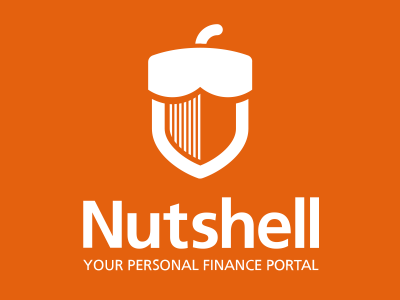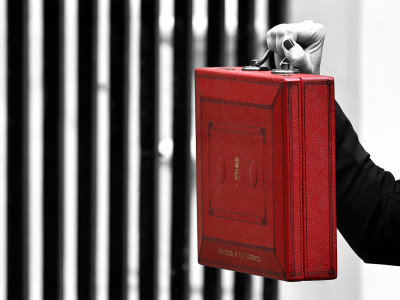We're raising money for the Isle of Wight Branch of the MND Association
Launchpad
Aimed at sixth formers, Launchpad is our financial literacy presentation targeted specifically at the age group preparing for their giant leap into adulthood. It aims to show how to identify where your money is coming from, where it’s going, and importantly, how to make any changes needed to stay in control and avoid spiralling into debt. Debt is scary but we also look at how to make it work for you.
Going from a 16-or 17-year-old living at home to, say, a 21-year-old with a job, rent to pay and a whole host of other commitments and desires is, bar none the biggest change you will go through in your entire life. The only thing that comes close is the change at retirement.
We live in financially difficult times and taking the idea that if you want to corrupt a society you start with its young, then it follows that if you want to alter a society embedded in a way of life based on debt and borrowing, educating those on the launch pad of life is a no-brainer.
Taking the form of a 30-minute presentation and called Controlling your finances it is designed to fit within your normal school timetable. The aim is to help students make informed choices about their money – regardless of how much they have. It is particularly relevant for young people perched on the launch pad of life. Whether they plan to work for themselves, or someone else, we want to help them get, and stay, in control of their finances.
If you would like to find out more about the presentation or arrange for it to be given in your school, please contact us on 01983 535740 or email launchpad@rouseltd.co.uk.
We will cover these topics:
- 5. How much money do I have coming in?
You need to consider how much income you have from all sources, including any salary, interest on savings you hold or financial support from the government, parents, or maybe both – there is a wide range of income sources and, throughout life, you will likely have money coming in from more than one place.
Once you know where your money is coming from, being in control of that income is simply a matter of keeping a tally and, if necessary, ensuring you keep back the money that will be due in tax.
- 4. Where does it go?
Remember the first, and most simple, rule of successfully controlling your finances: income must be equal to, or greater than, expenditure.
A simple way of understanding your expenditure is to group expenses into one of four categories. These are:
- Basic expenditure
- Liabilities
- Savings
- Non-essential expenditure.
The tricky choice here is deciding what’s basic and what’s non-essential.
Ask yourself: do I desire it or do I require it?
- 3. How do you stay in control of your finances with debt?
Debt is scary stuff. But used properly it can open up opportunities that simply
would not be available to you without it.But the same question applies: do I desire it or do I require it?
If you decide the debt is necessary, consider whether it’s affordable – without compromising your basic expenditure, other liabilities and savings.
If, in principle, the debt is affordable, compare the loans available, considering both the term and the annual percentage rate, to ensure you don’t overpay for the debt.
Learn how to do the calculations yourself or find an online calculator,
try www.thisismoney.co.uk. - 2. Understanding debt
Like income and expenditure, the key to staying in control with debt is to understand it. Before you take on a debt you must understand:
- the cost of servicing the debt.
- the impact that the cost of the debt will have on your life and for how long it will last.
- the consequences of missing a payment – what will happen if you stop paying back the money you owe.
- 1. Credit agencies and the information they share
All credit providers share information. Every application you make for credit, whether you are accepted or refused, every repayment made (or missed) and any default is recorded and available for anyone to see any time you make an application for credit.And they look, whether you are taking out a mobile phone contract, a credit card, a medium-term bank loan or a mortgage.
If you have a poor credit rating it will affect your ability to secure credit for a long time.So, before you take out any kind of loan or credit agreement, it’s important to ensure you understand everything about the commitment you are making. Otherwise you could be aborting the mission before lift off.
The rules for successful financial planning are simple and they are the same whether you are a multi-millionaire earning tens of thousands of pounds a week or a student with no savings and a part-time job in a restaurant.
- keep a close eye on your income and expenditure
- save regularly
- understand that debt, used properly, can help you stay in control.
- Controlling your finances survey
[ninja_form id=2]














